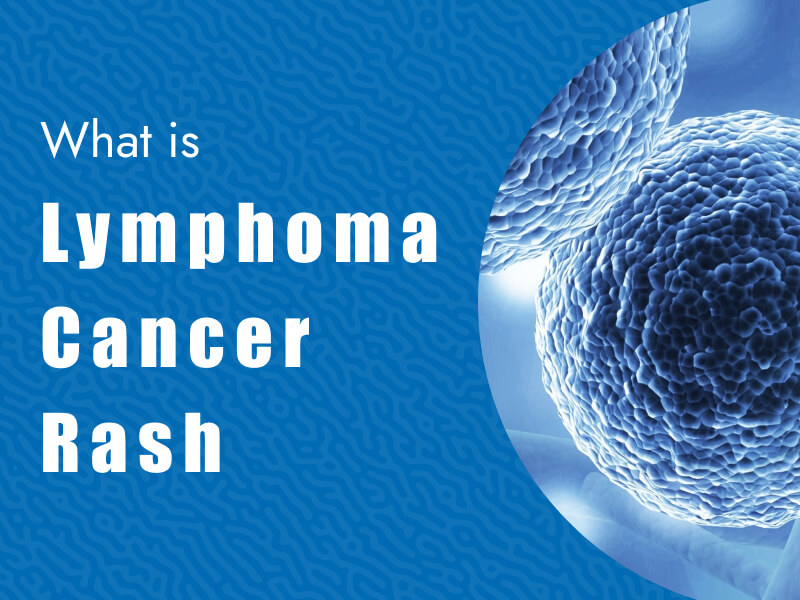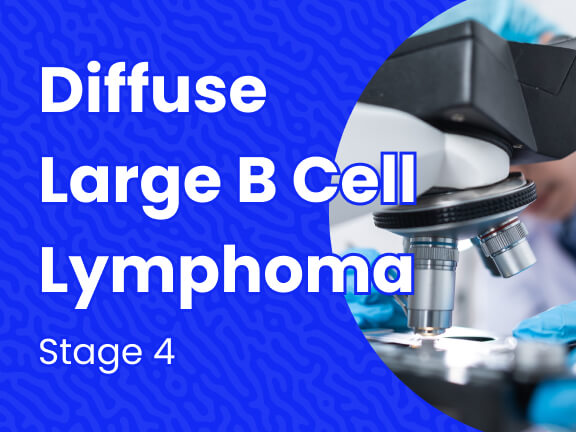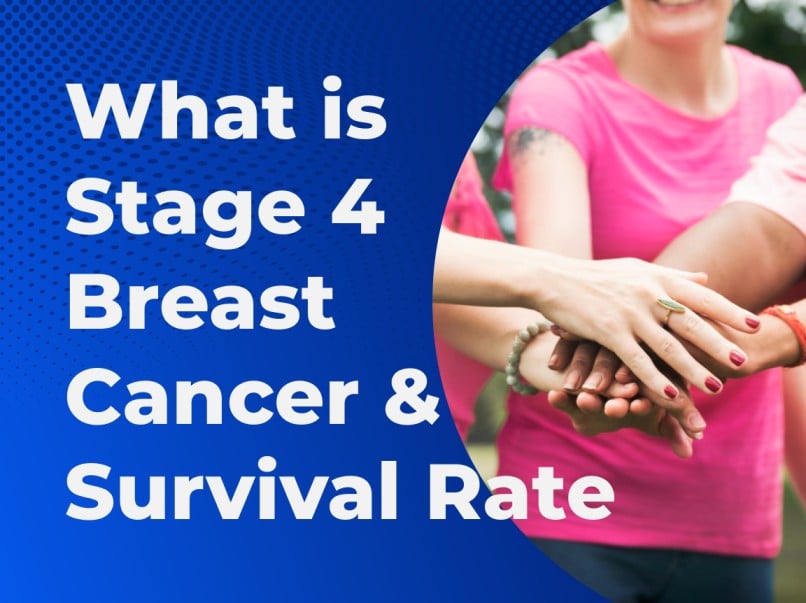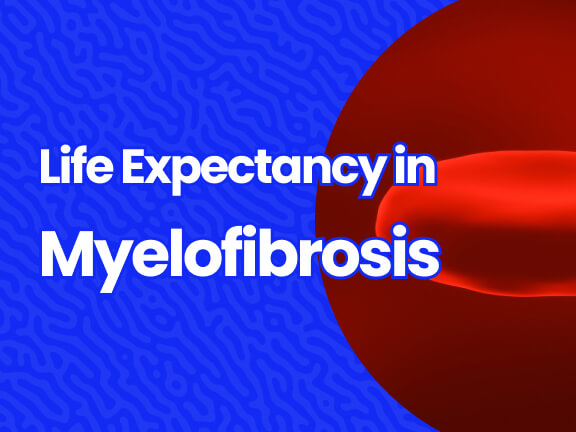What is Head and Neck Cancer?
Head and neck cancers typically begin to develop in the mucosal surfaces inside the head or neck and are squamous cell carcinomas. These areas include salivary glands, throat, nose, or mouth.
The five main types of Head & Neck Cancer:
- Laryngeal and hypopharyngeal cancer
- Nasal cavity and paranasal sinus cancer
- Nasopharyngeal cancer
- Oral and oropharyngeal cancer
- Salivary gland cancer
Head & Neck Cancer can occur in any of the:
- Oral Cavity
- Pharynx
- NLarynx
- Salivary Glands
- Paranasal sinuses and nasal cavity
Head & Neck cancer is twice as popular in men as women. Accounts for 4% of all cancer cases. The five-year survival rate is currently 65.3% which is slightly lower than the average five-year survival rate for all cancer types (70%).
Head and Neck Cancer Symptoms
These cancer types can cause complications that are not normally associated with most other cancer types. For example, a person’s chewing and talking abilities can be damaged either temporarily or permanently. Taste is often affected while going through treatment which can lead to loss of appetite and hinder the patient’s nutrition. Head and neck cancer is usually not found until issues in the body cause a patient to go to the doctor. Others may experience:
- Colored patches in the mouth
- Trouble breathing and swallowing
- Ear pain
- Swelling around the head and neck area
What Causes Head and Neck Cancer?
The cause of head and neck cancers depend on the exact location of the cancer, but alcohol and tobacco are the two biggest contributing factors. In international countries, poor oral hygiene and health contributes to many of these cancers. Also, infection can lead to some specific cancers within the head and neck areas.
Head and Neck Cancer Risk Factors
It is estimated that 75% of these cancer cases come from those with a history of alcohol or tobacco use. Using both alcohol and tobacco puts you at an even greater risk of developing cancer. Cancer that occurs in the salivary glands has been observed to not correlate with smoking and tobacco use. Like other cancer types, Epstein-Barr virus infection can lead to cancer in the salivary glands. HPV is a risk factor for cancers specifically in the tongue or tonsils.
Head and Neck Cancer Prevention
The most efficient way to prevent cancer of the head and neck is to avoid smoking and alcohol use or quitting if you have already started. Using both together increases one’s chance even more. You can get the HPV vaccine and practice safe sex to decrease your risk even further. Like other cancer types, avoiding exposure to harmful chemicals like dust or toxic fumes will help in decreasing your risk for head and neck cancers.
Head and Neck Cancer Treatment
Treatment depends on the exact location and type of the cancer, the patient’s overall health, and the stage of the cancer. Speak with your doctor to see the most beneficial treatment option for your case. Common treatment methods for Head & Neck Cancer include but are not limited to:
- Radiation therapy, typically done after surgery
- Chemotherapy, typically used with advanced cases
- Surgery
- Targeted therapy
- Combination of treatments
- Clinical trials for new and alternative treatments
Head and Neck Cancer Clinical Trials
There are approximately 539 Head & Neck Cancer clinical trials that are currently patients in the United States right now. With such an extensive list, many of them could be beneficial for you. Our team of patient relations coordinators, who are oncology nurses, and our artificial intelligence based clinical trial matching system will find the best option for you.
With just a few clicks, you can see your clinical trial matches now. Click here to use our advanced clinical trial match tool.
How Do We Help Head and Neck Cancer Patients?
Massive Bio offers an independent cancer treatment analysis as well as free clinical trial matching for head and neck cancer patients. Our patient relations coordinators work closely with patients to gather information on their current medical status, and then will provide a list of options from available cancer clinical trials close to your home.
We can also provide a second opinion through our Virtual Tumor Board from cancer specialists. The Virtual Tumor Board (VTB) is comprised of highly specialized oncologists from nationally-recognized Cancer Centers of Excellence. In just 7-10 days after receiving your medical records, we can get you a treatment plan without having to travel far distances and use your valuable time.
Source:













4 Comments
I am looking for treatments for restoration of saliva glands. I am very interested in low level laser therapy for xerostomia. I heard this was quite effective. I am looking for something in the Chicago area. I had tonsil cancer and right now I have no saliva. This makes my life very miserable.
Hi Shirle, there may be clinical trials for the therapy you are looking for. However, the trials will differ by country and your eligibility is based on your current health status. Please reach out to us and we would be happy to assist you.
Hello, I have a 4.8 cm malignant tumor on the middle of my tongue. The tumor is damaging the V3 nerve that is causing referral pain to my ears, throat and jaw. it is called Glossopharyngeal Neuralgia. The pain is extreme and constant, strongest pain killers barely relieve. I live in the Toronto area. Will travel any where for a procedure that numbs or blocks the nerve, The neurologist expert on a new procedure in Toronto has a one year waiting list just for an appointment. Any help is greatly appreciated.
Thanks for your message. We would be happy to help. You can learn more about available cancer treatment options and clinical trials here: https://hubs.ly/Q01yygDr0.
You can also contact one of our Patient Relations Coordinators via phone or email at 844-627-7246 & support@massivebio.com